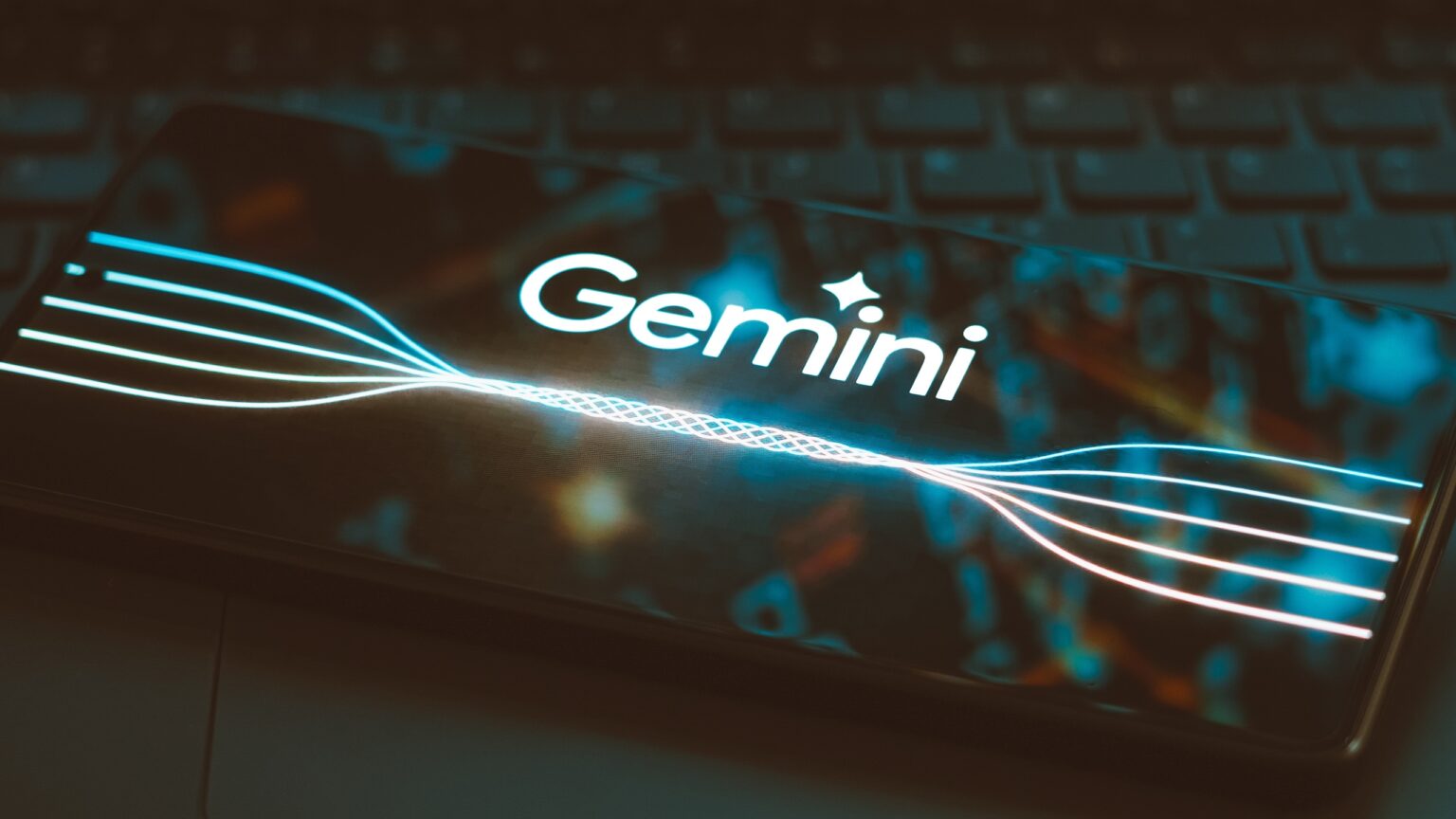Once celebrated as a breakthrough, Google’s Gemini AI demonstration now faces severe allegations of misrepresentation. The demo, launched on Dec. 7, captured widespread attention, amassing over 2.1 million views on YouTube.
This six-minute video featured Google’s latest artificial intelligence model, Gemini, engaging in seemingly real-time interactions with a human operator. These interactions included nuanced tasks like analyzing a duck drawing, interpreting hand gestures, and spontaneously creating a game titled “Guess the Country” from a simple world map image.
Turns out this video of Google's Gemini AI was a lie.
It's fake. Behind the scenes, Google used prompts and images.
If Google lies to you in your face, now imagine that new shiny altcoin eager for market share. pic.twitter.com/7YWNyOeGRb
— Duo Nine ⚡ YCC (@DU09BTC) December 11, 2023
Scrutiny Intensifies Around Google’s AI Showcase
However, the initial excitement was dampened by subsequent revelations. Oriol Vinyals, a prominent figure at Google DeepMind, disclosed that the interactions, while genuine in content, were significantly edited for brevity.
Contrary to the impression of real-time communication, the interactions were text-based and not vocal, unfolding much slower than the video suggested. Acknowledging this editing choice, Google included a disclaimer in the YouTube video:
“For the purposes of this demo, latency has been reduced, and Gemini outputs have been shortened for brevity.”
Internal Discontent and Social Media Backlash
The edited nature of the demo sparked a surge of criticism across social media platforms. Accusations that the presentation was “entirely fake” began to surface, as expressed by software developer Nelly R. Q. and software engineer Chief Nerd. They criticized the company for producing an edited version that inaccurately portrayed Gemini’s capabilities and response speed.
NEW – Google's Stock Sinks Following Reports That Some of Their Gemini AI Demo Was Faked
"So that video demo of Gemini that everyone was kind of going crazy over…It was edited, it was cut to look like it was faster and more capable than it actually is…So I've been pressing… pic.twitter.com/9f7UmdLOlA
— Chief Nerd (@TheChiefNerd) December 8, 2023
This controversy extended to Google’s internal spheres as well. Reports from Bloomberg indicated that some Google employees were concerned that the video painted an overly optimistic picture of Gemini’s abilities, potentially misleading viewers about the AI model’s actual performance.
However, not all within the company shared this view. A section of employees argued that some marketing embellishment is standard in promoting cutting-edge products. They stressed that the voiceover in the demo was composed of actual excerpts from the text prompts used in Gemini’s responses, reinforcing the authenticity of the content, if not the presentation.
Prior to these revelations, the initial response to the Gemini demo was overwhelmingly positive. Observers like Armand Domalewski from Palo Alto Networks lauded the AI’s sophisticated interpretation capabilities, as showcased in the duck drawing segment. Google’s Gemini, designed to compete with OpenAI’s ChatGPT, claims superiority in most benchmark tests against leading AI models.
Google’s new Gemini AI watches a guy draw a duck and explains what he’s doing each step of the way—not just literally or mechanically, it can infer what the guy is intending to do, why he is doing what he does.
It feels…very humanpic.twitter.com/aVedzMMurz
— Armand Domalewski 🇬🇾 🇬🇾 🇬🇾 (@ArmandDoma) December 6, 2023
Gemini: A Glimpse into the Future Amidst Current Controversies
Despite the controversy, the Gemini demo represents a significant stride in AI. Google announced that Gemini is its most advanced AI model, surpassing its predecessor, PaLM 2. Gemini is praised for its excellence in various benchmarks, outperforming GPT-4, OpenAI’s flagship model, in several metrics. This achievement highlights Google’s ambition to reclaim its leadership in AI innovation.
Gemini Launch: Google introduced its AI model Gemini, designed for human-like thinking and behavior.
Rollout Phases: Initial versions, Nano and Pro, integrated into Google's Bard and Pixel 8 Pro.
Advanced Features in 2024: Significant updates with Ultra model and Bard Advanced… pic.twitter.com/xcjqzVRG0F
— Saima (@Saimaxsheikh) December 6, 2023
The unfolding debate around the Gemini demo underscores a broader challenge in the tech industry: balancing the enthusiasm for showcasing technologies with the need for transparent and accurate representation. As Google proceeds with its planned rollout of Gemini, including the advanced version, Gemini Ultra, the tech community remains attentive. The scrutiny surrounding the demo has heightened anticipation for Gemini’s real-world applications and performance.
Significantly, while the authenticity debate adds complexity to Gemini’s debut, it also sparks essential discussions about ethics and responsibility in AI demonstrations. Google’s handling of this situation could set a precedent for future AI showcases. In addition, as the world eagerly awaits Gemini’s full capabilities, this episode serves as a reminder of the fine line between innovation and its portrayal.









 and then
and then